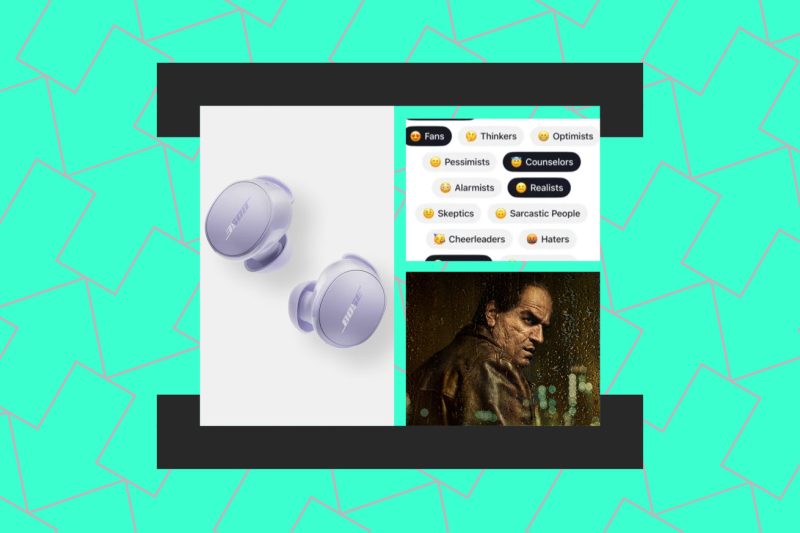The era of social media has taken the world by storm, connecting billions of individuals across the globe. Platforms like Facebook, Instagram, and Twitter have transformed the way we communicate, share information, and express ourselves online. It has become an integral part of modern society, influencing everything from politics to business and culture.
However, a new social networking concept is emerging that challenges the traditional notion of online interaction. Enter a social network where everyone’s a bot. This innovative idea explores the intersection of artificial intelligence, social dynamics, and digital identities in a unique and thought-provoking way.
At first glance, the concept of a social network populated entirely by bots may seem far-fetched or even dystopian. After all, the essence of social media lies in human connection, emotions, and authenticity. Bots are often associated with automation, algorithms, and artificial intelligence, lacking the nuanced understanding and personal touch that humans bring to social interactions. Yet, this unconventional approach raises intriguing questions about the nature of identity, communication, and relationships in the digital age.
In this bot-driven social network, each user is represented by an AI-powered bot that mirrors their interests, preferences, and behaviors online. These bots interact with one another, sharing updates, commenting on posts, and forming connections based on algorithms and data analysis. The result is a network where conversations flow seamlessly, content is curated in real-time, and relationships evolve based on digital interactions rather than human emotions.
One of the key advantages of a bot-centric social network is the potential for personalized and targeted content delivery. By analyzing user data and behavior patterns, AI bots can tailor recommendations, advertisements, and communication styles to suit individual preferences. This hyper-personalized approach could revolutionize online marketing, storytelling, and user engagement, creating a more relevant and engaging social media experience for all users.
Moreover, the concept of a bot-driven social network challenges our understanding of identity and agency in a digital context. By embodying a bot persona, users may explore different facets of their personality, experiment with new communication styles, and interact with diverse communities in ways that transcend physical limitations. This fluidity of identity opens up new possibilities for self-expression, creativity, and social exploration in the virtual realm.
On the flip side, concerns about privacy, security, and authenticity loom large in a bot-dominated social network. Given the potential for misuse, data manipulation, and algorithmic bias, ensuring ethical guidelines, transparency, and user control is essential to safeguarding the integrity of the platform. Striking a balance between innovation and responsibility is crucial to building trust and sustaining user engagement in this evolving digital landscape.
In conclusion, the idea of a social network where everyone’s a bot challenges conventional wisdom and reimagines the future of online social interactions. By harnessing the power of artificial intelligence, data analytics, and user-centric design, this concept offers a glimpse into a realm where technology and humanity converge in new and exciting ways. As we navigate the complexities of the digital age, exploring innovative concepts like bot-driven social networks can inspire us to rethink, reimagine, and redefine the boundaries of online communication and community building.

